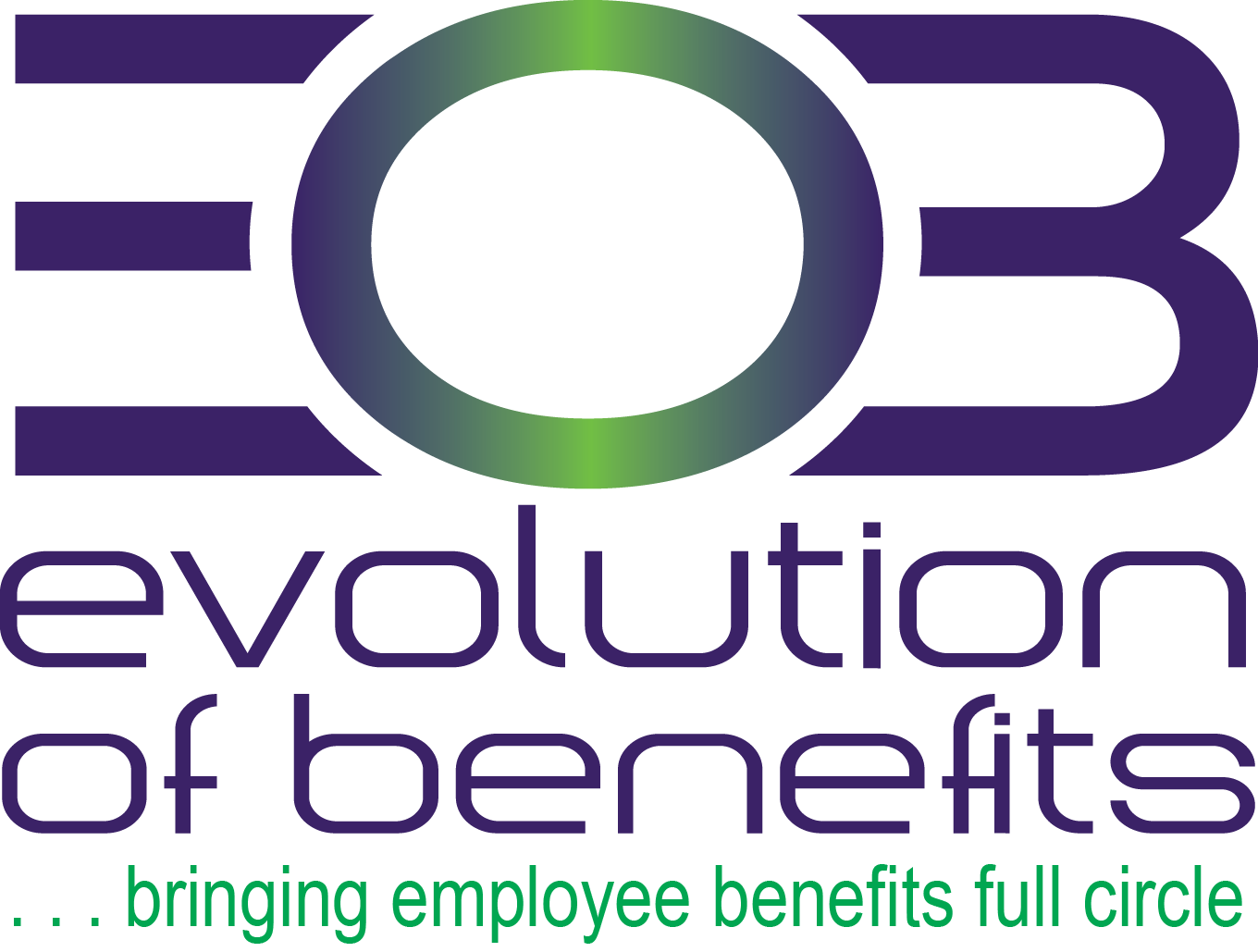Health Savings Accounts
Health Savings Accounts (HSA) were formed in January, 2004 as part of the Medicare Prescription Drug and Modernization Act. These programs replace Medical Savings Accounts (MSA). In essence, HSA have removed all of the negative requirements of an MSA and retained the positives.
Health Savings Accounts are established on a non-taxable basis to reimburse individuals for out of pocket liabilities. By purchasing a high deductible health insurance plan, an employer reduces his/her premiums. From these premium savings, monies can be set aside to help offset some or all of an employee’s additional out-of-pocket liability.
Guidelines for a Health Savings Account
| Base health plans require a minimum of a deductible for an individual with single coverage and an overall out of pocket cap and a deductible for families with an out of pocket cap. |
| Accounts may be funded with employer dollars, employee dollars or both |
| Catch-up, provision employees between the ages of 55-65 can fund an additional amount over the maximum |
| All accounts are assigned to the employee regardless of how the funding was provided |
| Employer fund amounts are tax deductible to the employer as a cost of providing benefits |
| Reimbursements are non-taxable to the employee |
| Unused funds are carried forward from year to year |
| Upon termination of employment, unused funds are maintained by the employee |
| Type of Limit | 2019 | 2020 | Change | |
| HSA Contribution Limit | Self-only | $3,500 | $3,550 | Up $50 |
| Family | $7,000 | $7,100 | Up $100 | |
| HSA Catch-up Contributions (not subject to adjustment for inflation) | Age 55 or older | $1,000 | $1,000 | No change |
| HDHP Minimum Deductible | Self-only | $1,350 | $1,400 | Up $50 |
| Family | $2,700 | $2,800 | Up $100 | |
| HDHP Maximum Out-of-pocket | Self-only | $6,750 | $6,900 | Up $150 |
| Family | $13,500 | $13,800 | Up $300 |
Speak with one of our Benefit Consultants today.




